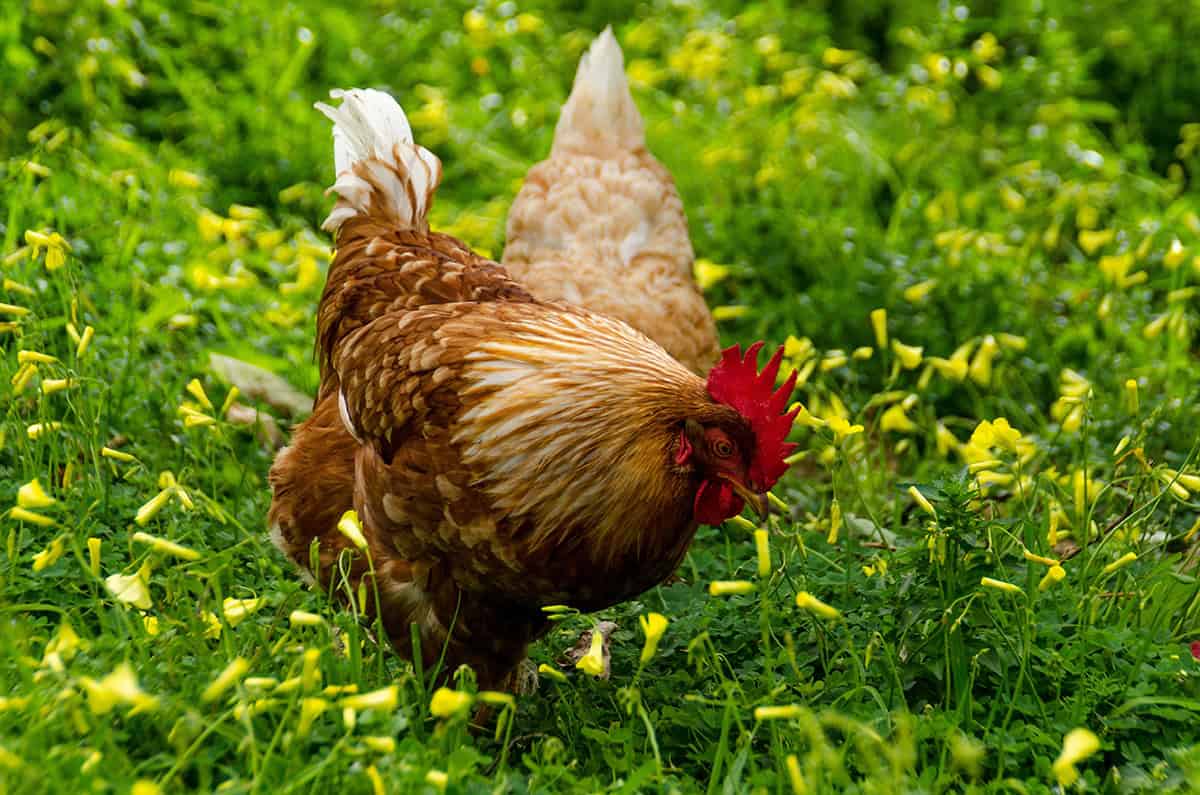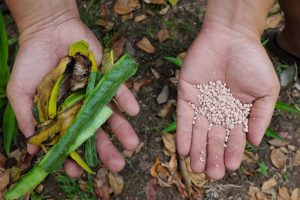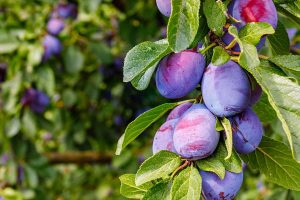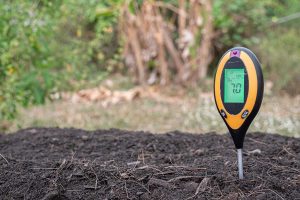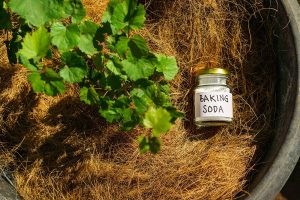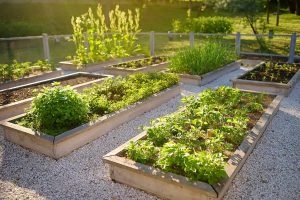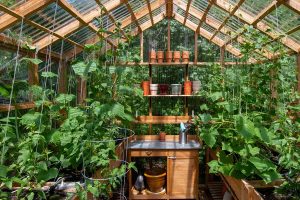There’s something satisfying about watching your chickens enjoy food you grew just for them. It’s healthier, more natural, and helps create a little closed-loop system in your backyard. Here are some of the best plants to add to your chicken-friendly garden.
Table of Contents
- 25 Best Garden Plants To Grow As Chicken Food
- Kale
- Swiss Chard
- Collard Greens
- Spinach (Feed In Moderation Due To Oxalates)
- Lettuce (Romaine, Butterhead)
- Cabbage
- Mustard Greens
- Broccoli (Leaves And Stalks)
- Beet Greens
- Turnip Greens
- Carrot Tops
- Radish Greens
- Dandelion Greens
- Comfrey (High In Protein And Minerals)
- Alfalfa
- Chickweed
- Clover
- Amaranth (Leaves And Seeds)
- Sunflower (Leaves And Seeds)
- Squash (Flesh And Seeds)
- Pumpkin (Flesh And Seeds – Great Dewormer)
- Zucchini
- Cucumber
- Corn (Fresh Or Dried Kernels)
- Borage (Flowers And Leaves Are Edible And Loved By Chickens)
25 Best Garden Plants To Grow As Chicken Food
These garden plants give your flock a mix of nutrition and foraging fun. They’re mostly easy to grow and fit right in with what chickens need.
Kale

Kale’s a winner for chickens—feed it raw or cooked. It’s loaded with vitamins A, C, and K, and they’ll eat both the leaves and the tender stems.
Kale hangs on through different seasons, so you get a long harvest window. It’s a solid immune booster for your birds. Try hanging whole plants in the coop—they’ll love it.
Swiss Chard
Swiss chard is packed with nutrients like calcium, iron, vitamin A, and vitamin K. Chickens eat both leaves and stems, and it bounces back fast after you pick it.
Whether it’s fresh or a little wilted, your hens won’t complain.
Collard Greens
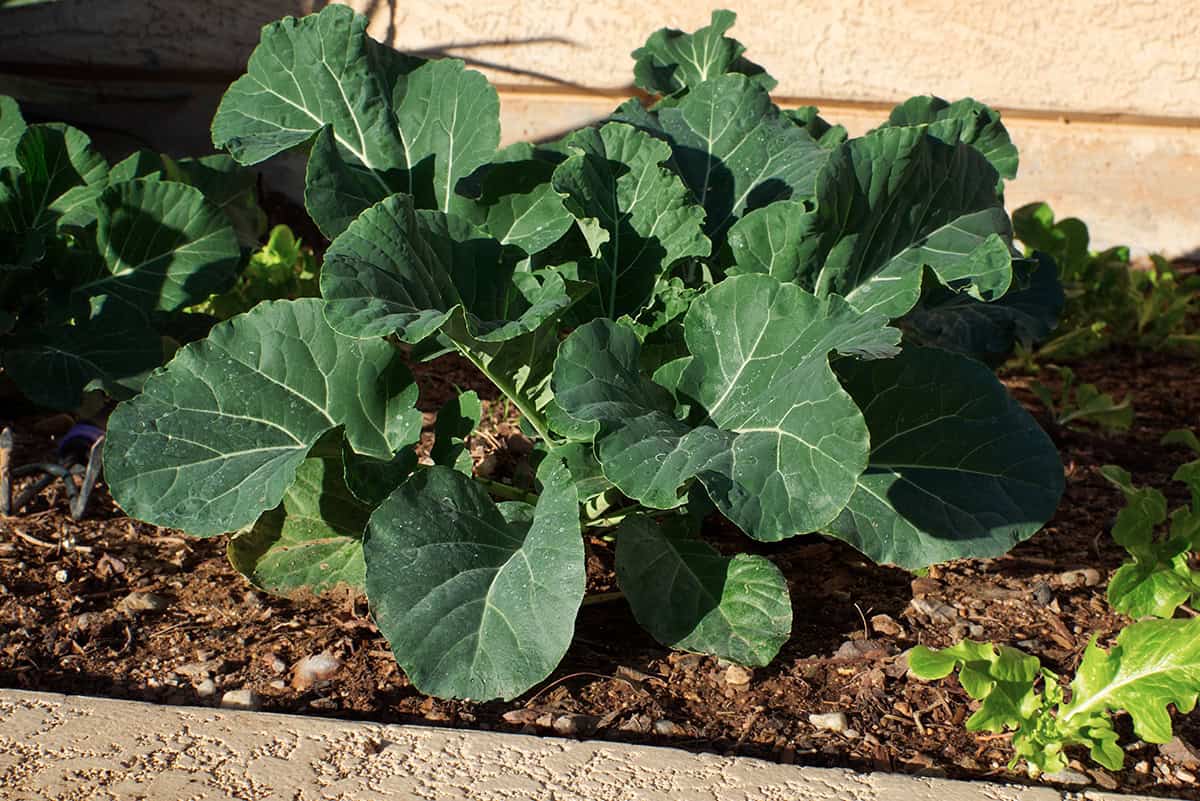
Collard greens are high in calcium and fiber, and they stick around even after a light frost.
Plant in spring or late summer. Chickens eat the leaves and the midribs, which keeps them busy and helps you save on feed.
Spinach (Feed In Moderation Due To Oxalates)
Spinach brings vitamins and minerals to the table and grows well in cooler months. But don’t go overboard—only small amounts are safe.
Because of its oxalates, spinach can block calcium if fed too much. Mix it up with other greens for a safer treat.
Lettuce (Romaine, Butterhead)
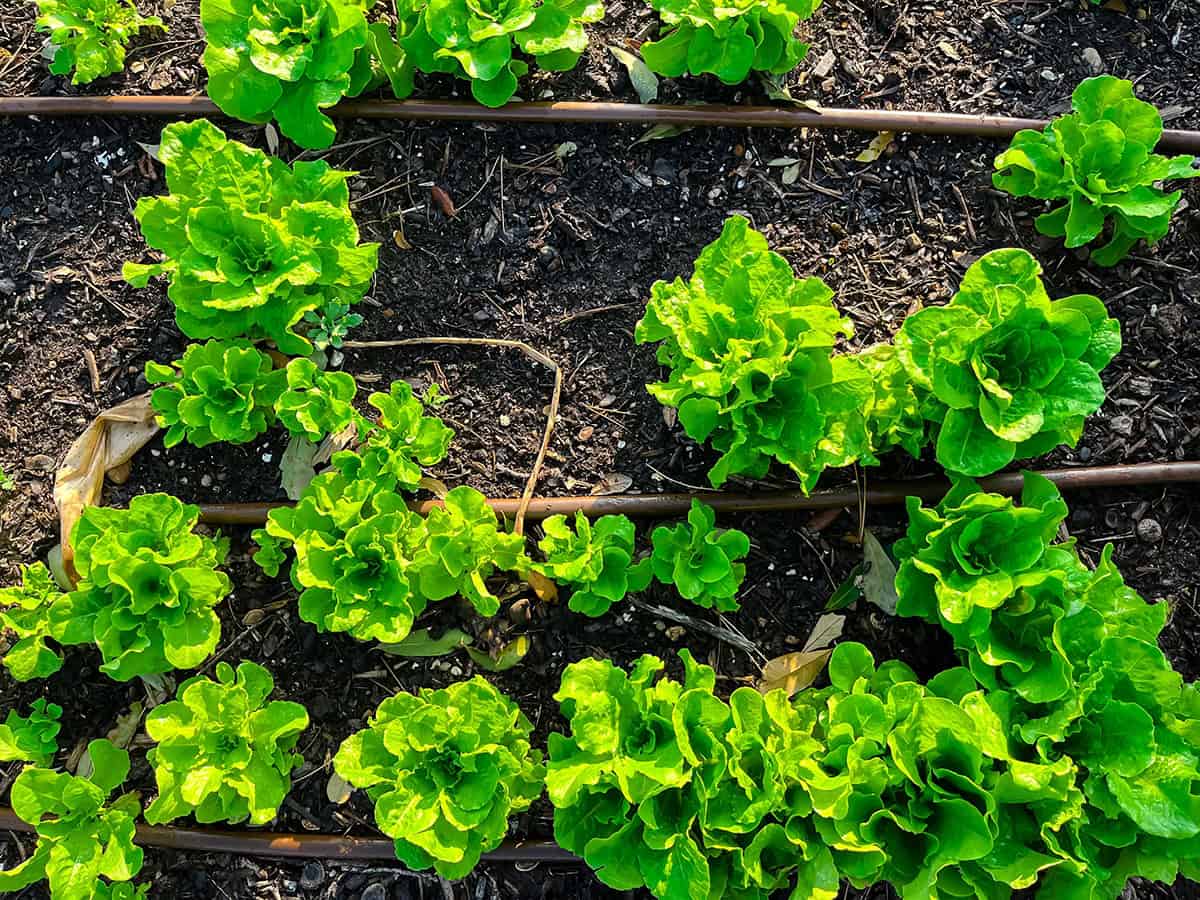
Romaine and butterhead lettuces offer hydration and a vitamin boost. They’re a better pick than iceberg for nutrition.
Chickens will eat the leaves, stems, and even the cores. Lettuce grows quickly and works great in containers or garden beds.
Cabbage
Cabbage is fun for chickens—they love to tear at the dense heads. It’s full of vitamin K, C, and fiber.
Grow it almost any time of year. Hanging a whole cabbage in the coop can keep bored chickens occupied for hours.
Mustard Greens
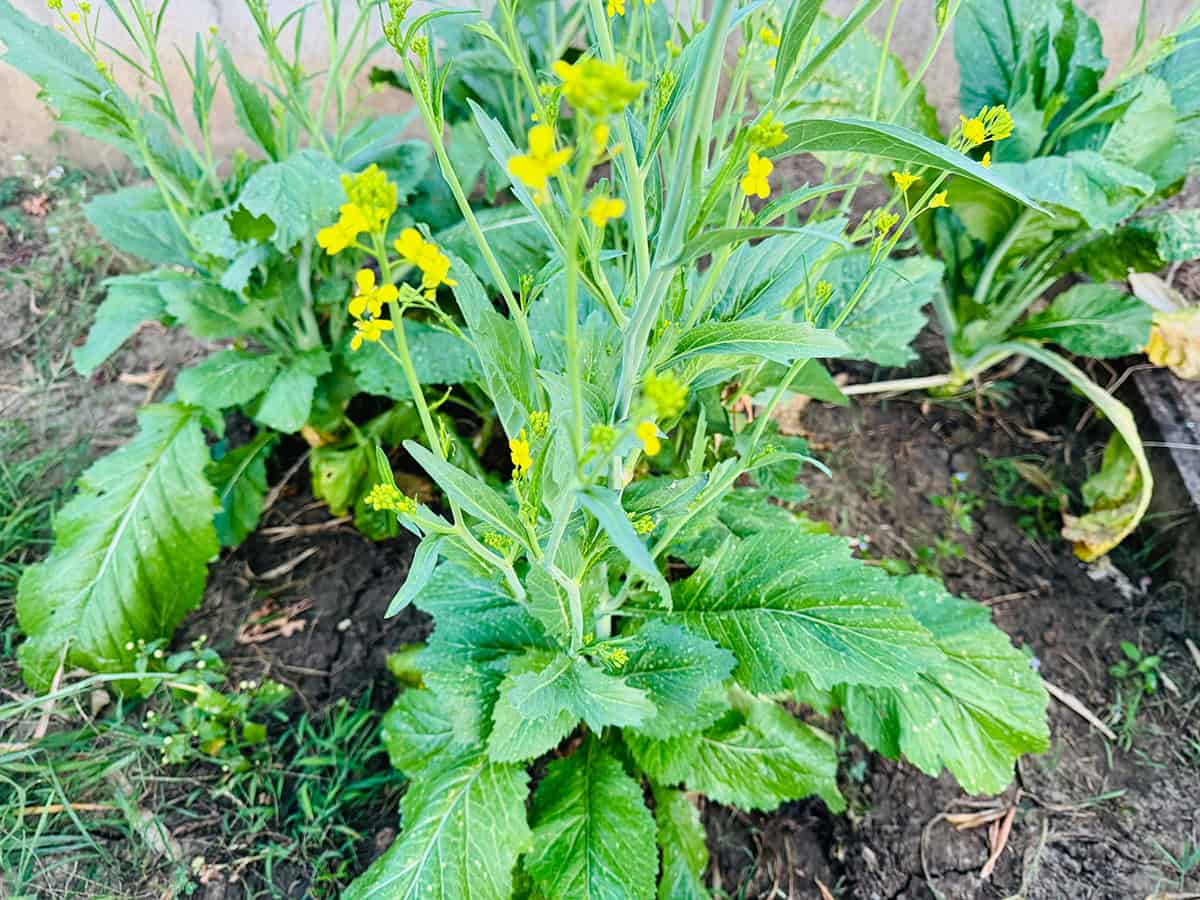
Mustard greens have a peppery punch. Chickens seem to enjoy the flavor, and they’re rich in vitamins A and C.
If your flock’s new to them, introduce slowly and mix with milder greens. They grow fast and handle heat well.
Broccoli (Leaves And Stalks)
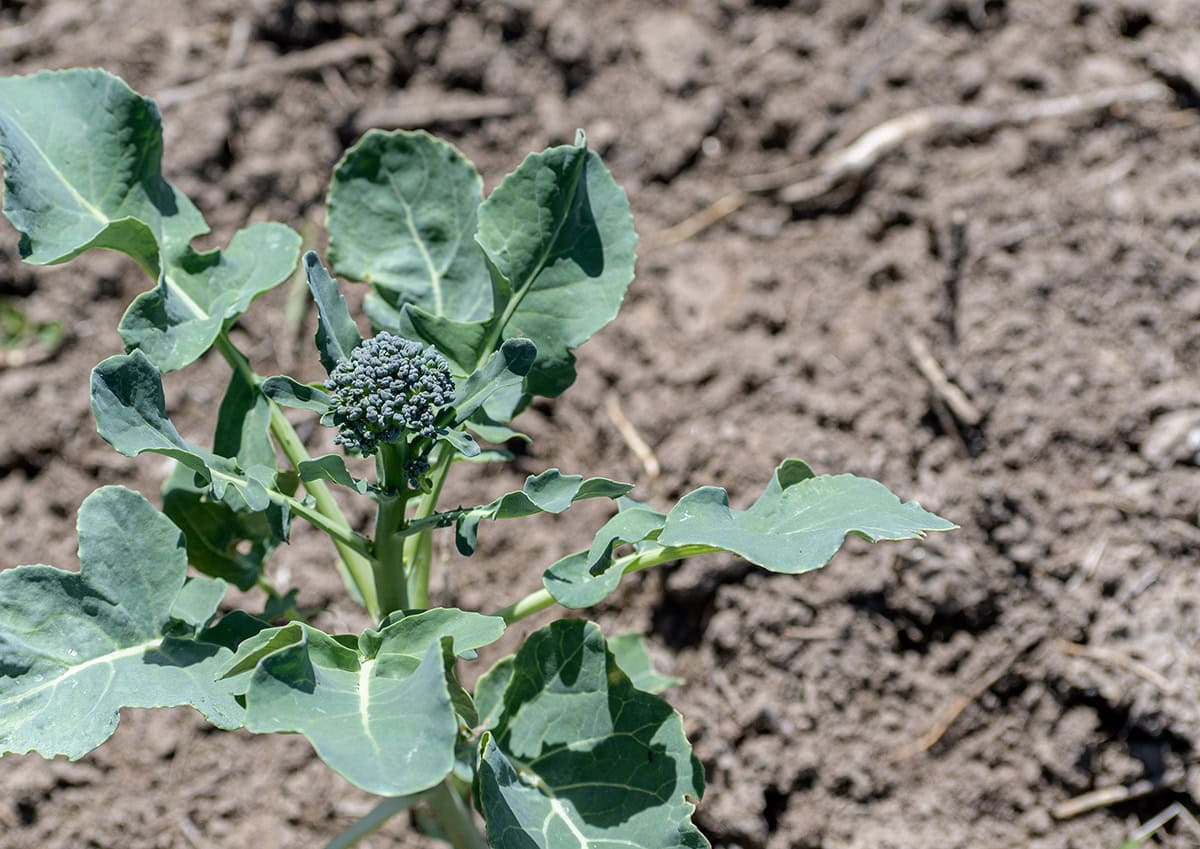
Broccoli leaves and stalks are totally edible for chickens, whether fresh or cooked. They’re a good source of vitamins C and A.
Leftover stalks from your kitchen? Toss them to the flock. Broccoli grows pretty quickly, too.
Beet Greens
Beet greens are a nice source of vitamin K, manganese, and iron. Use the tops from your beet harvest instead of tossing them.
Serve them raw or chopped up in the run. Chickens like the tender stuff but will go for older leaves as well.
Turnip Greens
Turnip greens are packed with calcium and vitamin K, which helps with strong eggshells.
Plant for both roots and greens—they handle cool weather and bounce back after harvesting. Chickens will eat them fresh or wilted.
Carrot Tops
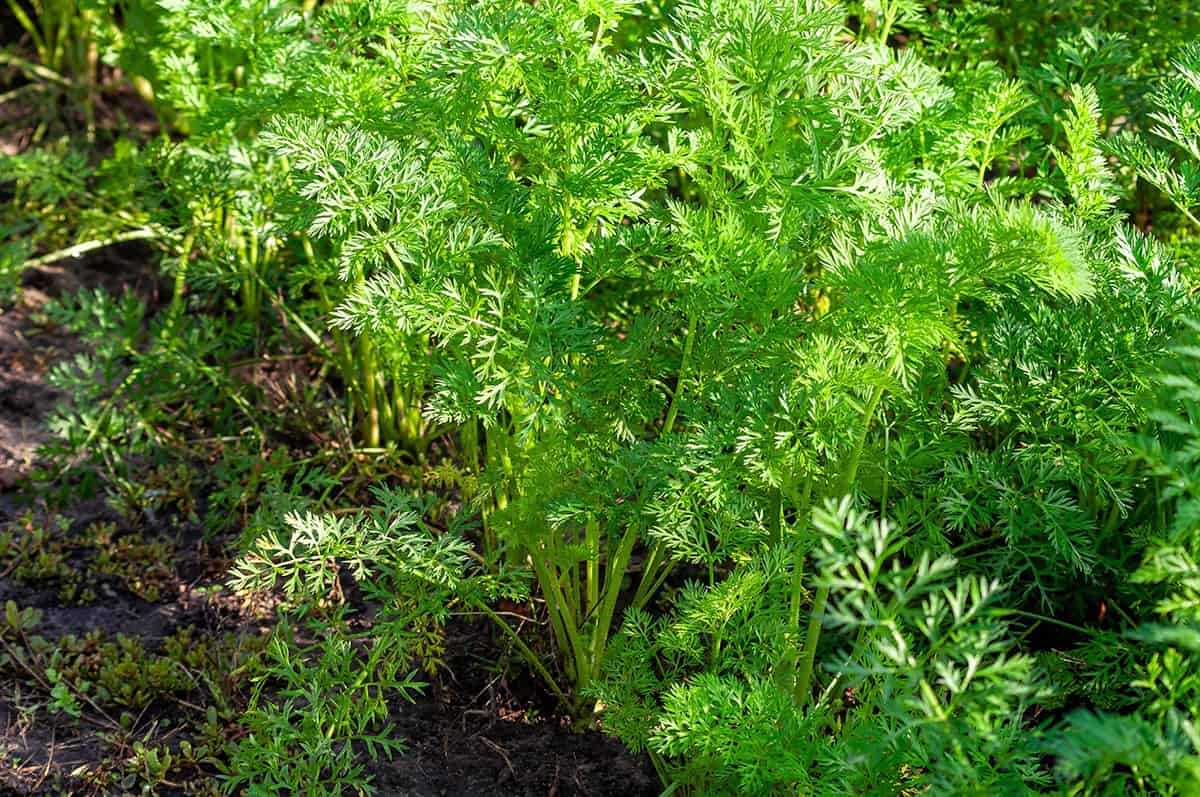
Carrot tops have vitamins, potassium, and chlorophyll, but they can be a bit tough.
Chop or shred for easier eating. Chickens will peck at both the fine greens and thicker stems, making them a solid year-round choice.
Radish Greens
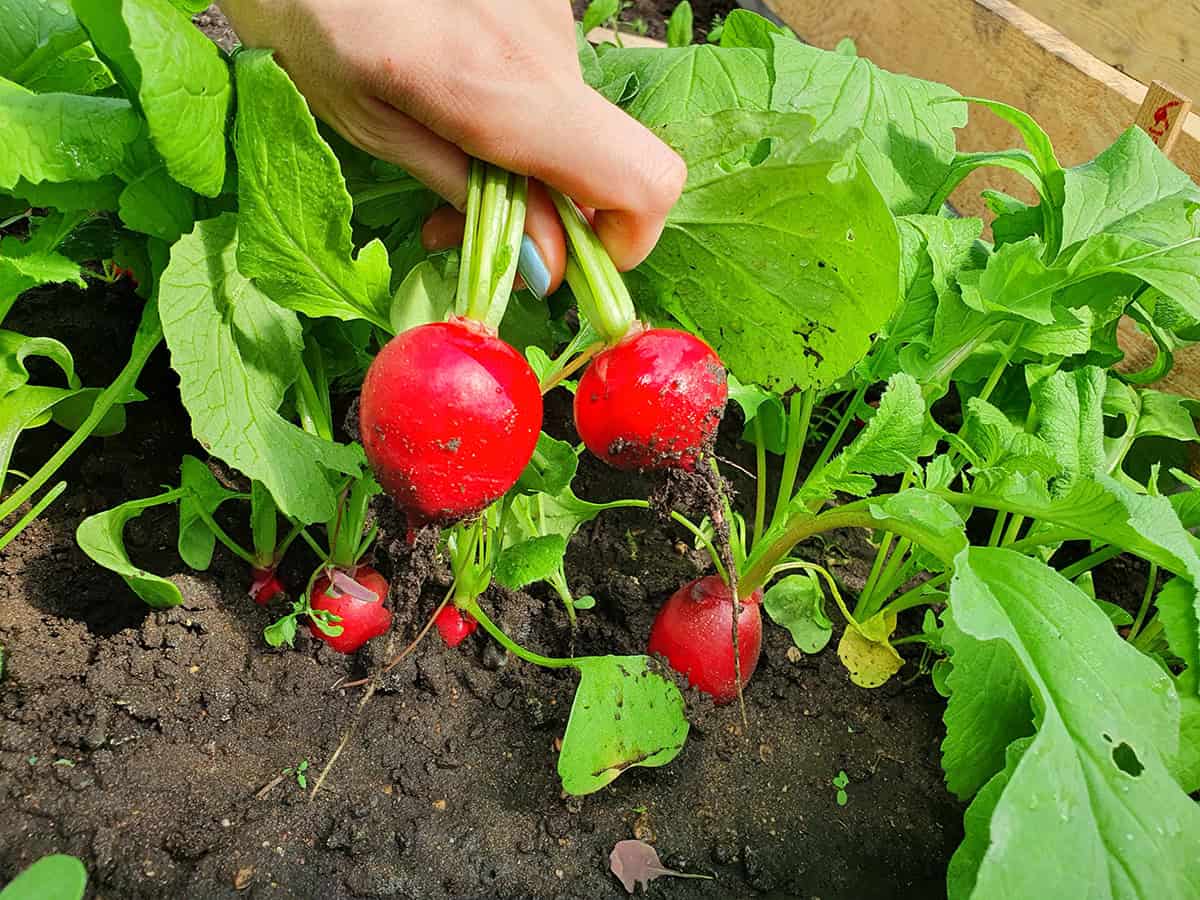
Radish greens offer vitamins, minerals, and a little peppery kick. Use both the leafy tops and young stems.
Radishes sprout fast and regrow after you pick them lightly. Toss the leaves in with other scraps for variety.
Dandelion Greens
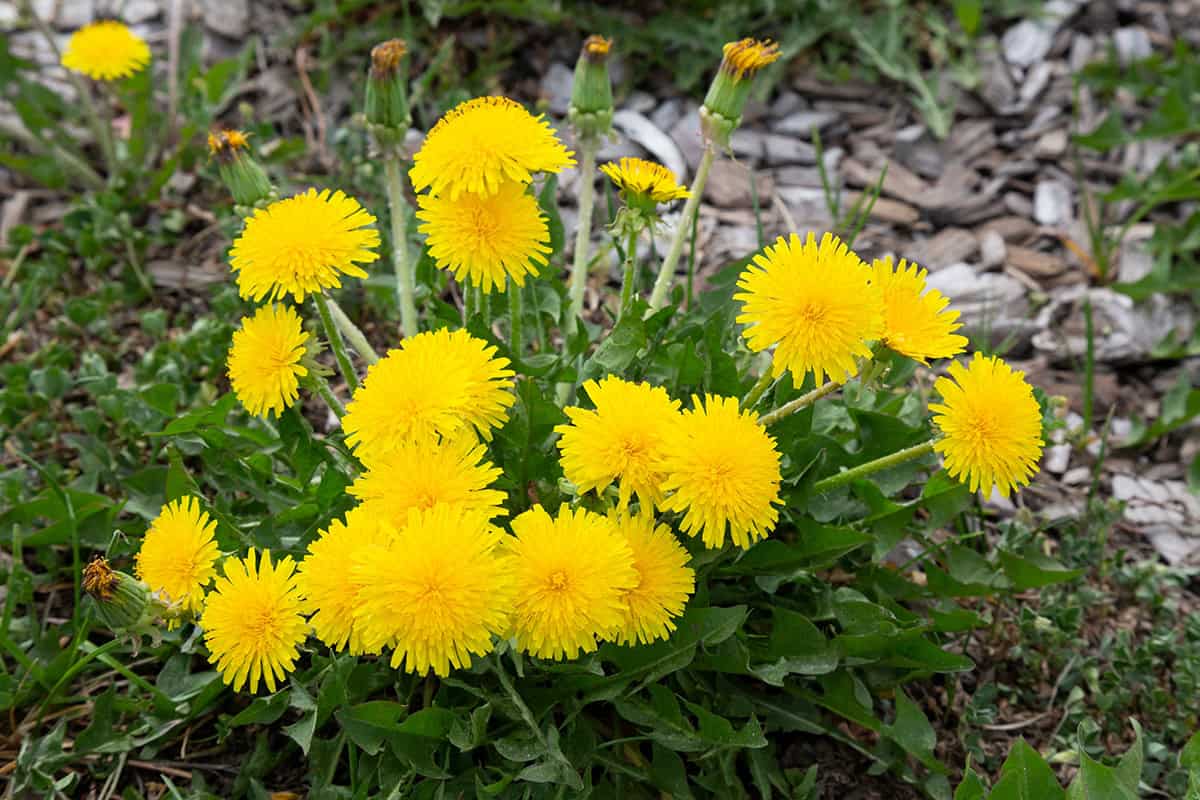
Dandelion greens are a backyard staple for chickens, loaded with vitamin A, C, calcium, and iron.
They’re good for digestion, too. Whether wild or planted, dandelion is a reliable green nearly year-round.
Comfrey (High In Protein And Minerals)
Comfrey grows like crazy and is a protein powerhouse. It’s got calcium, potassium, and lots of trace minerals.
Feed fresh or wilted, but don’t overdo it—moderation is important because of certain compounds in the plant.
Alfalfa
Alfalfa’s great for egg layers, thanks to its protein content. Grow it as a green manure or cut for fresh or dried feed.
Chickens like the small leaves, and you can even sprout it indoors all year. It’s also good for digestion.
Chickweed
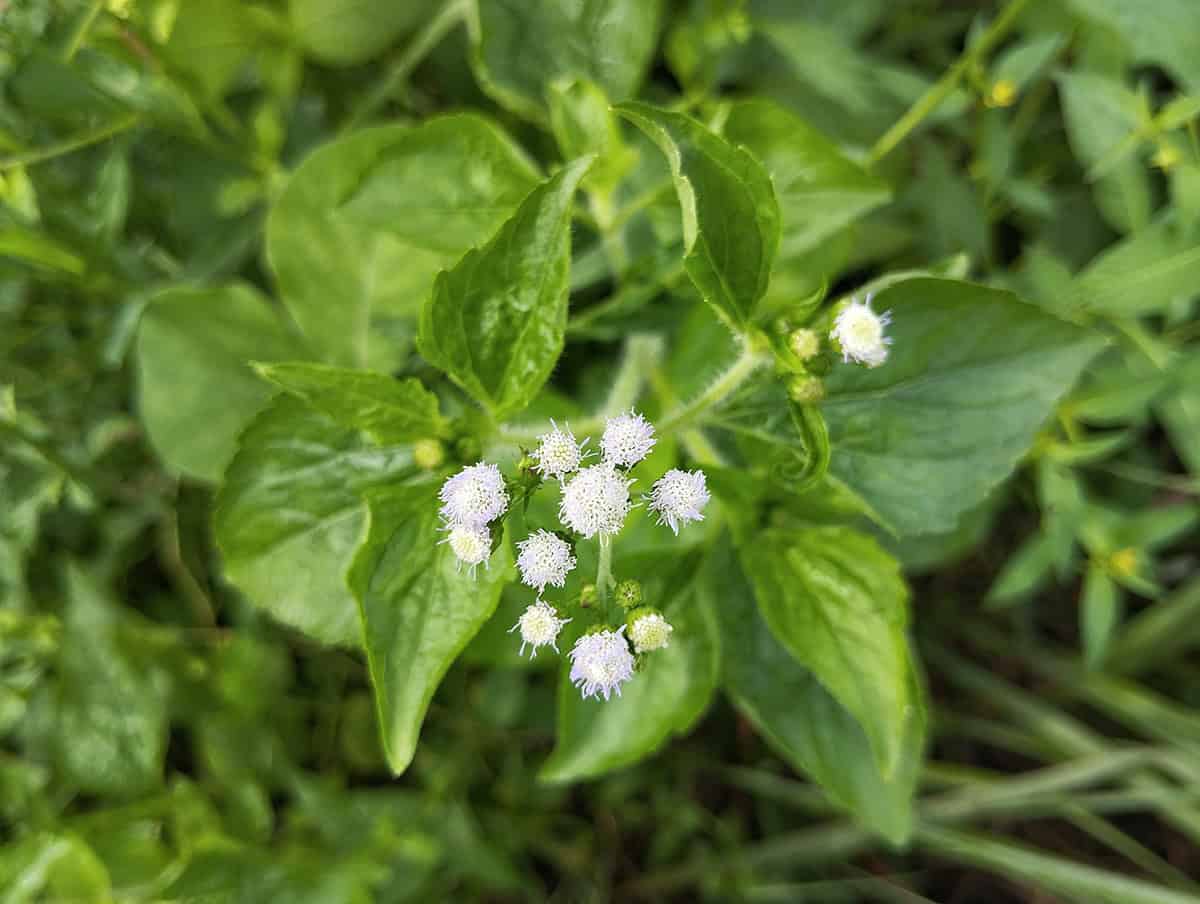
Chickweed is a mild, vitamin-rich weed that chickens find tasty and easy to eat.
It grows with almost no effort, especially in cool, damp spots. Use it often as a forage supplement.
Clover
Clover is full of protein and minerals, especially in spring and summer. Chickens will graze both white and red varieties.
Great as a ground cover or in runs—chickens eat the young shoots and flowers, and it grows in all sorts of soils.
Amaranth (Leaves And Seeds)
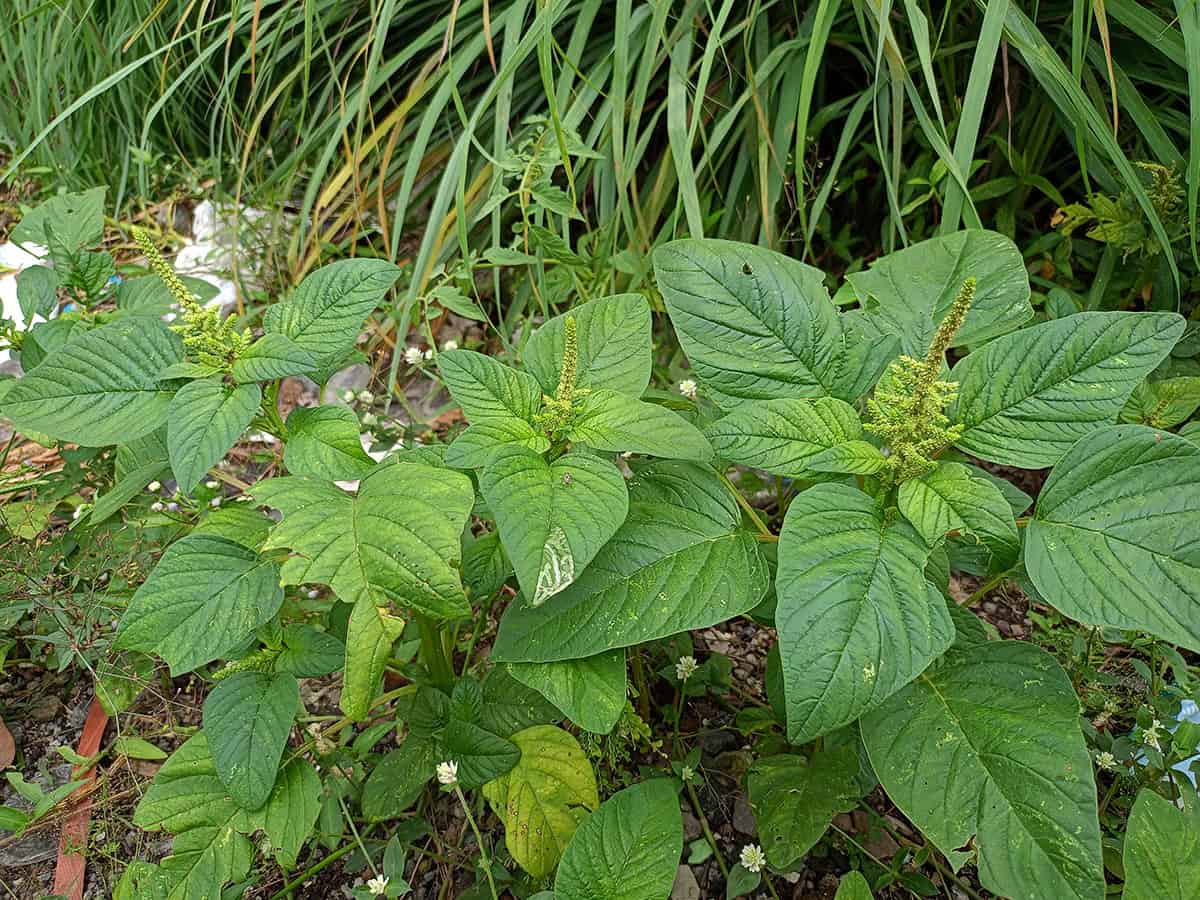
Chickens can eat both amaranth leaves and seeds. The leaves have calcium and vitamin C, and the seeds are protein-rich.
Easy to grow, heat tolerant, and you get two harvests from one plant. Not bad, right?
Sunflower (Leaves And Seeds)
Sunflower leaves make good forage, and the seeds are a favorite for protein and fat.
Grow them for shade and feed—harvest leaves as they mature and let chickens eat seeds straight from the dried heads.
Squash (Flesh And Seeds)
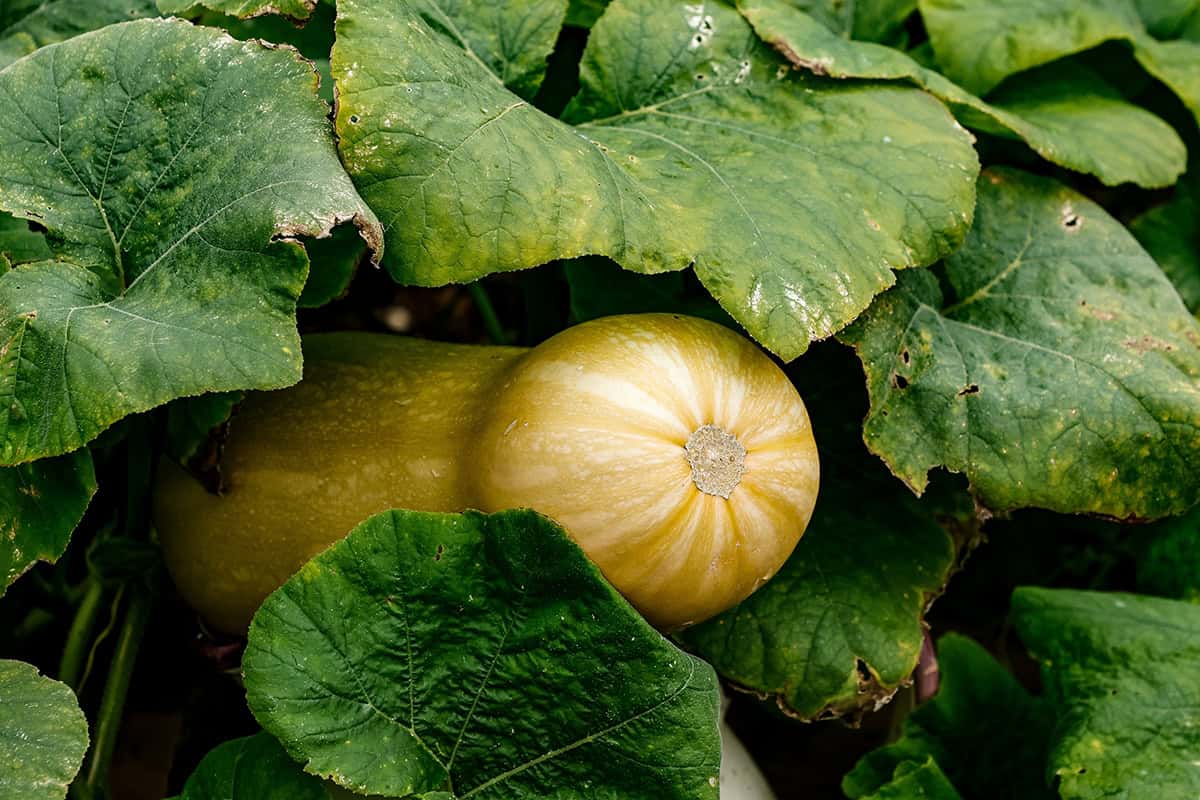
Squash brings carbs, minerals, and moisture. Both the flesh and seeds are chicken-safe.
Offer raw or cooked chunks. The seeds might even help with internal parasites. Try different varieties for a longer harvest.
Pumpkin (Flesh And Seeds – Great Dewormer)
Pumpkin is a chicken favorite in the fall. The flesh and seeds are both edible, and the seeds may help naturally deworm your flock.
Pumpkins keep well in storage, and the vines don’t need much fuss if you’ve got space.
Zucchini
Zucchini is hydrating and easy to digest, with a decent vitamin content. Feed raw slices or grate it up for your hens.
It grows well in small gardens or containers, and you’ll get plenty—pick often for the best quality.
Cucumber

Cucumbers are a cool treat, especially in summer. Chickens eat the whole thing—skin, seeds, and all.
They grow quickly and can be trained up a trellis. Plus, cucumbers add moisture to your flock’s diet.
Corn (Fresh Or Dried Kernels)

Chickens love corn, whether it’s fresh on the cob or dried kernels. It’s energy dense and helps keep them warm in colder months.
Grow sweet or field corn, but don’t go overboard—too much can make birds overweight. Skip feeding mature cobs raw.
Borage (Flowers And Leaves Are Edible And Loved By Chickens)
Borage grows fast and looks good in the garden. Both the leaves and flowers are safe for chickens.
The flavor’s mild, and the flowers pull in pollinators. Borage is a nice change of pace for your flock’s foraging routine.
